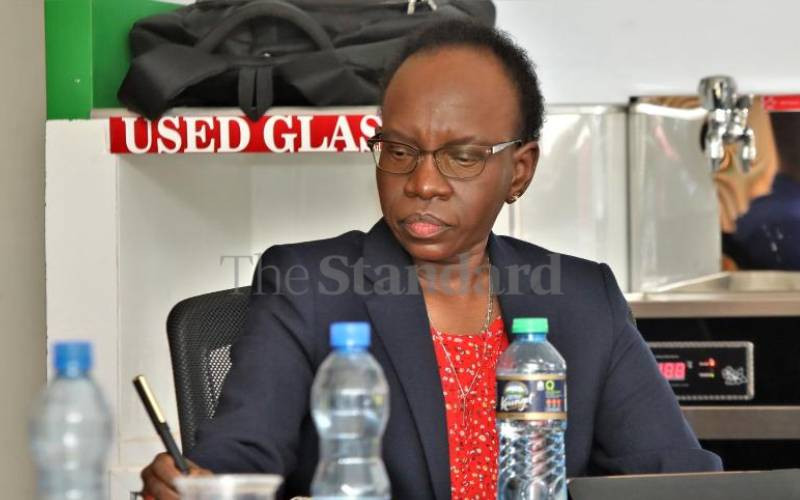×
The Standard e-Paper
Stay Informed, Even Offline

Kenya Agricultural and Livestock Research Organisation (Kalro) risks losing Sh18.2 billion land to illegal settlers, a recent audit has revealed.
Auditor General Nancy Gathungu in the Financial Year 2022-2023 report, questioned Kalro's ownership of land after it failed to produce title deeds for auditing.